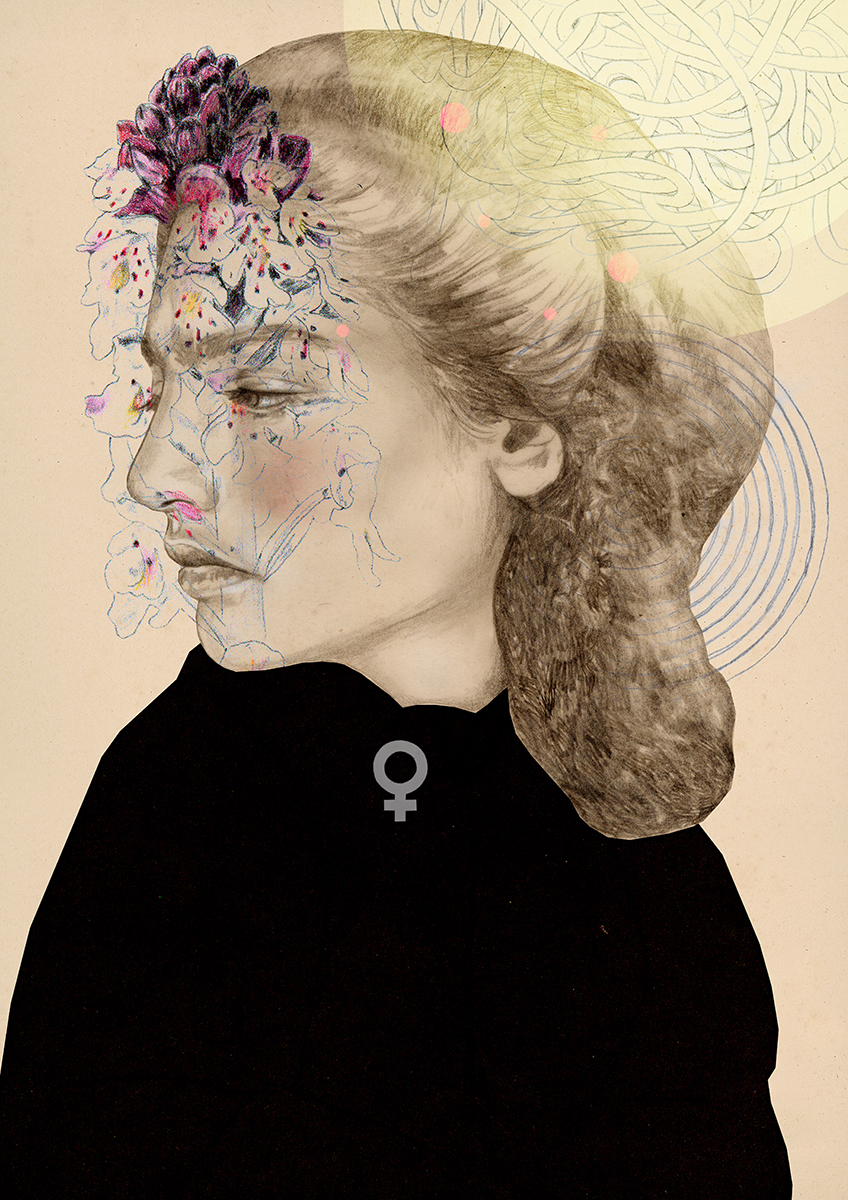
Mathilde Blind
* 21 March 1841 in Mannheim | + 26 November 1896 in London
Mathilde Blind was born Mathilde Cohen in Mannheim, but as a child she took the name of her stepfather, the revolutionary Karl Blind. Her biological father, a Jewish banker, died shortly after her birth.
When Mathilde was eight years old, the family had to flee to London because of Karl Blind’s involvement during the revolution of 1848/49.
Revolutionary thinkers such as Louis Blanc, Joseph Mazzini and Giuseppe Garibaldi regularly frequented the Blinds‘ house in London, which left its mark on Mathilde Blind, and so she emerged as a critic of the faith in her youth and was expelled from school on charges of atheism.

She acquired a broad knowledge in many fields autodidactically. At the age of eighteen she travelled alone through Switzerland and at thirty she left her parental home. Throughout her life she travelled extensively, including Egypt, Scotland and continental Europe, which she also incorporated into her work as an author of feminist writings, novels and poetry.
And I know this doesn’t really blow anyone’s mind today either, but you have to consider the time when Mathilde dared to travel without the company of a man. It wasn’t allowed for women then, nor was it safe for them.
Blind never married, maintained social contacts mainly with women and always remained closely associated with feminism. After her death, she bequeathed her fortune to an institution that was concerned with the education of women.
Today, she is one of the lesser-known writers of her time. Her work is mainly received in the field of feminist literary theory. It combines typical characteristics of the literature of the Romantic and Victorian eras.
As I said, from today’s point of view this woman seems quite unspectacular, but I am fascinated by her courage to demand and live for women’s rights as a matter of course at a time when there was no awareness of them.